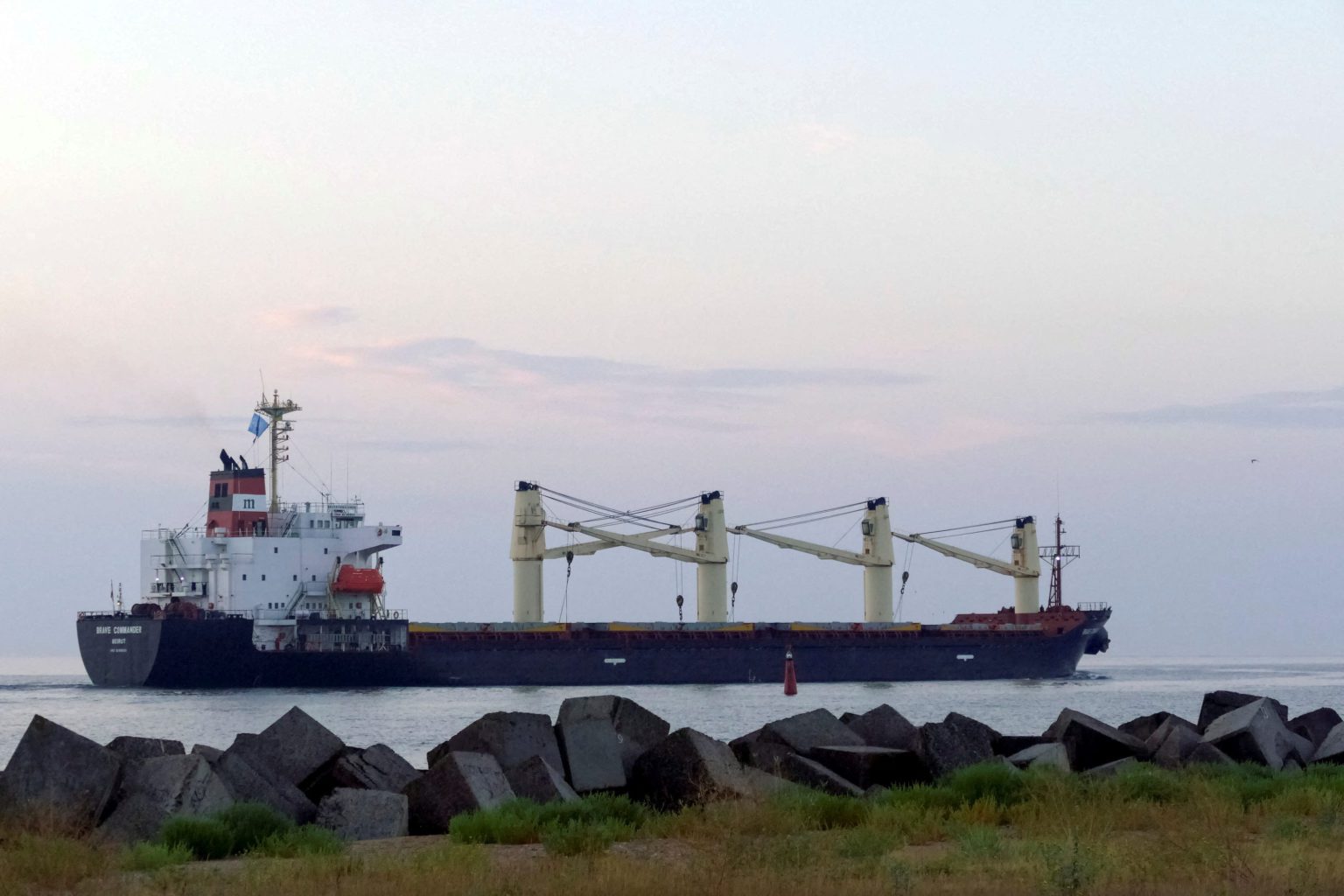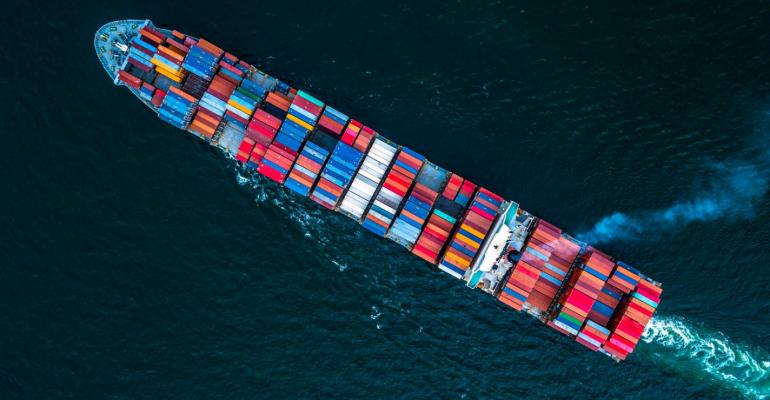With its consistent environmental strategy, Hamburg Fleet has established itself as a driver of innovation, piloting and implementing solutions for low-emission shipping in Hamburg. The primary focus lies on electrifying the city’s fleet of vessels.
However, not all vessels can be electrified with current technology. To continue pursuing its zero-emissions strategy even with its existing fleet, Hamburg Fleet is trailing the use of HVO 100 (Hydrotreated Vegetable Oil), produced by SHELL, in cooperation with its long-standing supplier Friedrich G. Frommann GmbH & Co. KG, on three of its vessels. The HVO 100 used by Hamburg Fleet is made from food waste and is entirely free of palm oil. It meets the sustainability criteria set out in the EU’s RED II directive.
The declared emissions intensity of this fuel suggests a reduction in greenhouse gases of at least 80%.
If the trials prove successful, the fuel could be rolled out across the entire Hamburg Fleet. The organization has already taken a pioneering role with the use of the low-emission synthetic fuel GTL (Gas to Liquid).
The “Hafenkapitan” will be the first non-electric vessel to operate in an almost CO₂-neutral manner. Other vessels taking part in the trial include the survey and sounding vessel “Deepenschriewer III” and the transport and inspection vessel “NeBsand”.
Karsten Schonewald, Managing Director of Hamburg Fleet, commented: “While Hamburg Fleet remains focused on electrification and innovative propulsion systems, we will only achieve our ambitious greenhouse gas reduction targets by complementing these efforts with innovative fuels such as HVO 100. For inland vessels, HVO 100 currently represents the most pragmatic interim solution. We are proud to help establish HVO 100 as a fuel in Hamburg and to be one of the pioneers in the Port of Hamburg.”
Source: Hamburg Port Authority



